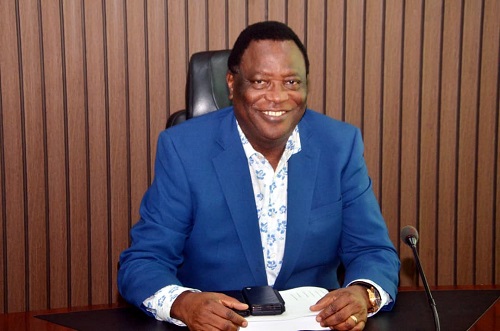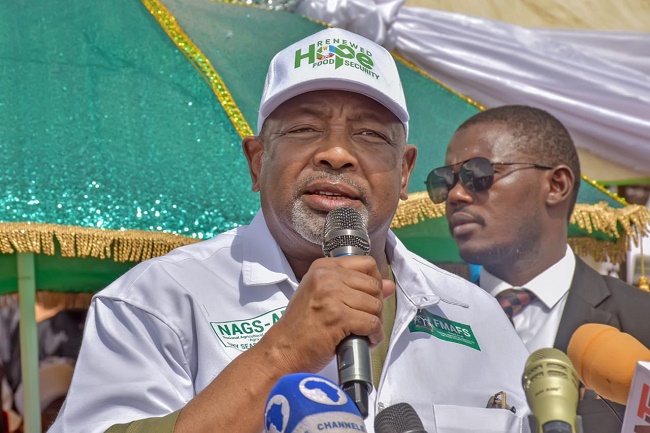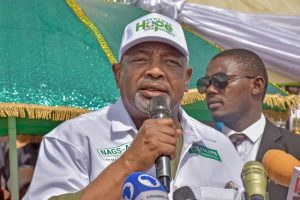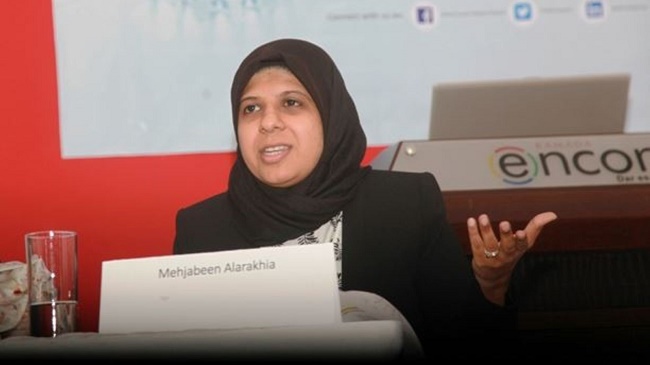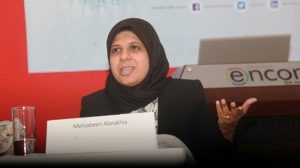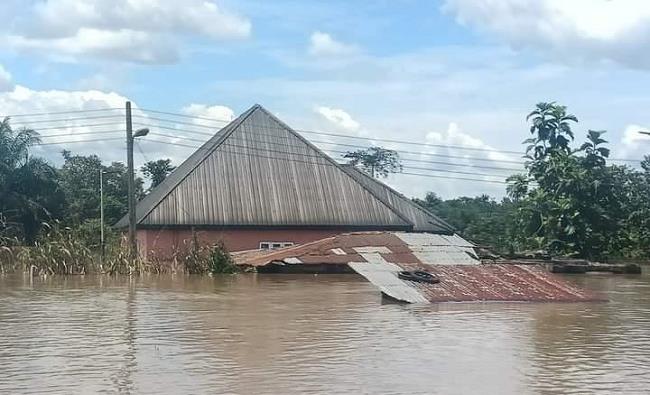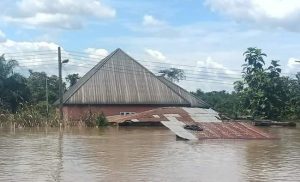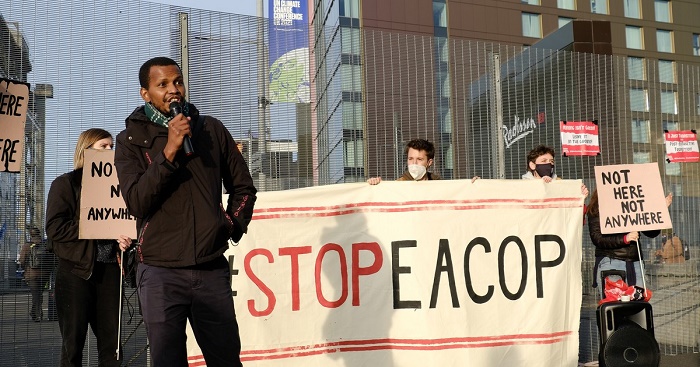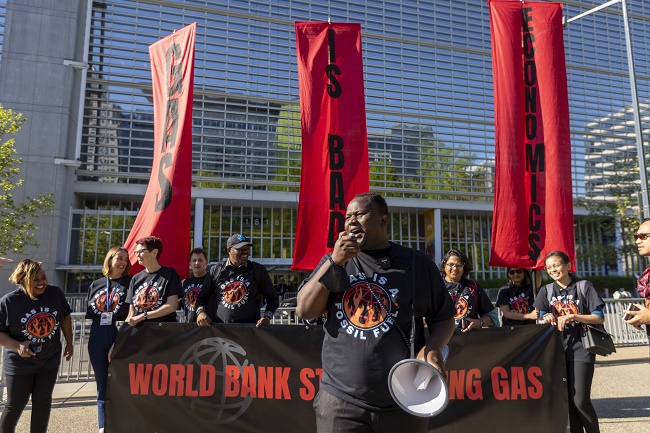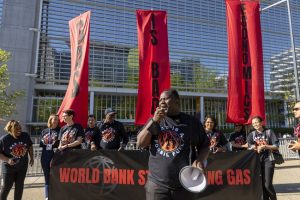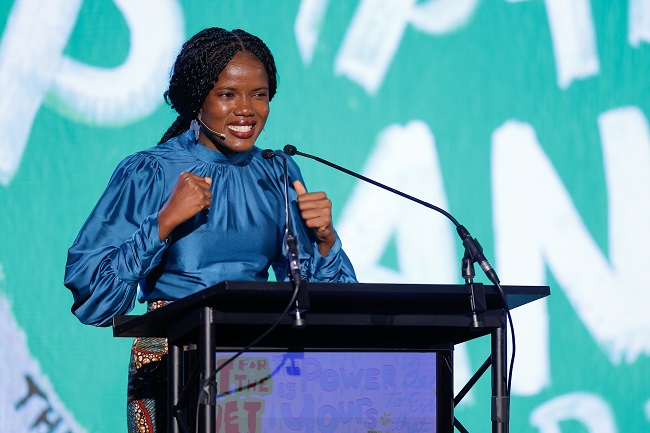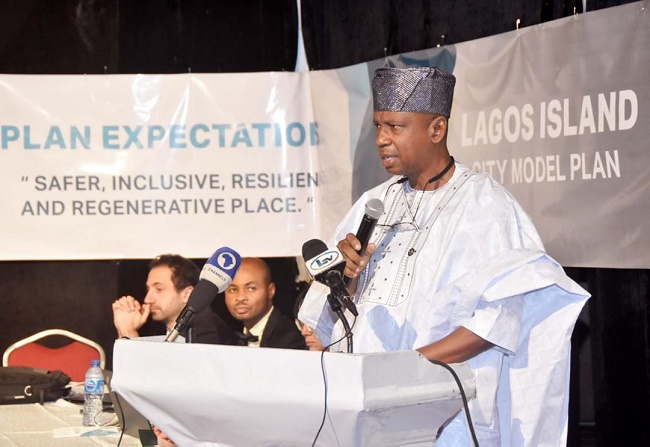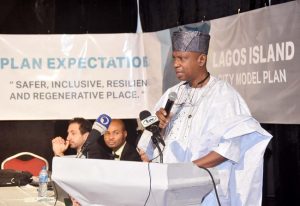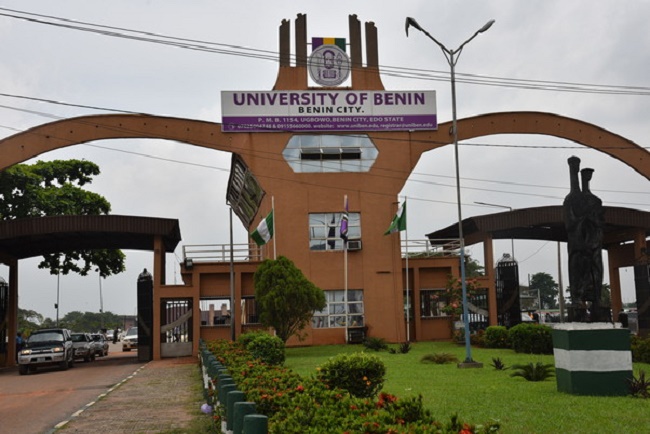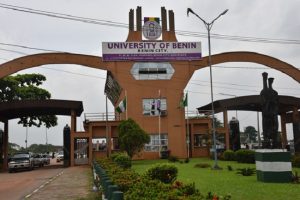The Nigerian Content Development and Monitoring Board (NCDMB) on Monday, April 15, 2024, received a cheque of $1 million from Nedogas Development Company Limited (NDCL), being part of the return on investment (ROI) on one of the Board’s strategic investments.
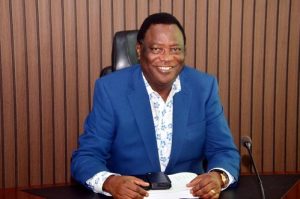
The cheque was presented by the Chairman of the company, Emeka Ene, when he visited the Nigerian Content Tower in Yenagoa, Bayelsa State, where he was received by the Executive Secretary, Felix Omatsola Ogbe, and other members of the Board’s management.
Nedogas Development Company Limited (NDCL) is a joint venture company between Xenergi Limited and NCDMB Capacity Development Intervention Company.
As part of the project, Nedogas Development Company Limited (NDCL) constructed and commissioned a 300 MMscfd Capacity Kwale Gas Gathering (KGG) and injection facility located in the Umusam Community, near Kwale in Delta State, Niger Delta, Nigeria.
The KGG Facility was designed to handle stranded gas resources in Nigeria’s OML56 oil province by providing the opportunity for independent operators in the area to monetise natural gas from their fields through the gas gathering, compression, injection and metering infrastructure of the KGG for quick market access.
Nedogas is one of the several strategic and successful investments of the NCDMB funded from the Nigerian Content Development Fund (NCDF), in line with the Board’s mandate to build capacity and catalyse local projects in the Nigerian oil and gas industry as enshrined under the Nigeran Oil and Gas Industry Content Development (NOGICD) Act.
In his comments, the NCDMB boss stated that the success story of NEDOGAS at Kwale, Delta State could be replicated in other oil- and gas-producing communities to minimise gas flaring. He declared the Board’s readiness to continue collaborating with the company. “Their model should be extended to other parts of the country where gas flaring is continuing. They have shown that with the modular system, we can quickly remove flaring from our operations in Nigeria.”
He confirmed that NCDMB had continued to receive briefings from its investment partners, adding that “we are still waiting for them to come back with success stories. Some of them are near completion and have not started operations yet.”
Chairman of Nedogas, Mr. Emeka Ene, conveyed the company’s excitement in returning part of the credit and profit, adding that this “proves that NCDMB’s investment was a success, and they are getting back that investment.”
He added that “we look forward to further collaboration with the NCDMB to expand the scope,” adding that “NCDMB is now doing effectively and practically and tangibly what it was set up to, which is to impact the economy by direct interventions. That is the way the economy can grow, improve the gas infrastructure in such a way that is sustainable despite the tight economic conditions.”
The value propositions of the Nedogas project include total eradication of flared gas and conversation of environmental pollutants into products of value and creation of a strategic gas gathering hub and injection node for quick access to market for gas owners to monetise gas. Other benefits include the provision of alternative gas supply to western flank of the OB3 line to add to the volumes of economic sustainability and increase in Nigeria’s Gross Domestic Product (GDP), among other reasons.
The partnership with NEDOGAS is one of NCDMB’s 15 strategic investments geared towards actualising the Federal Government’s aspirations in key areas of the oil and gas industry. Most of the projects were targeted at actualising the Federal Government Decade of Gas programme.
Some of NCDMB’s notable third-party investments include Waltermith’s 5000 barrels per day (bpd) modular refinery in Imo State, Azikel Group12,000 bpd hydro-skimming modular refinery in Gbarain, Bayelsa State and Duport Midstream’s 2,500bpd modular refinery in Edo State.
Other investments include Better Gas Energy for LPG terminal and gas distribution, partnership with Rungas Prime Industries Limited to establish a cooking gas cylinders manufacturing plant in Polaku, Bayelsa State and Alaro City in Lagos and the partnership with Butane Energy to deepen LPG utilization in the North.
There was also the partnership with BUNORR Integrated Energy Limited in Port Harcourt, Rivers State to produce 48,000 litres of base oil per day and partnership with the Nigerian National Petroleum Corporation (NNPC) Limited, Brass Fertiliser and Petrochemical Company Limited and DSV Engineering to establish a 10,000 Ton Methanol Production Plant, Odioama, Brass, Bayelsa State.

